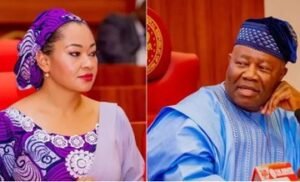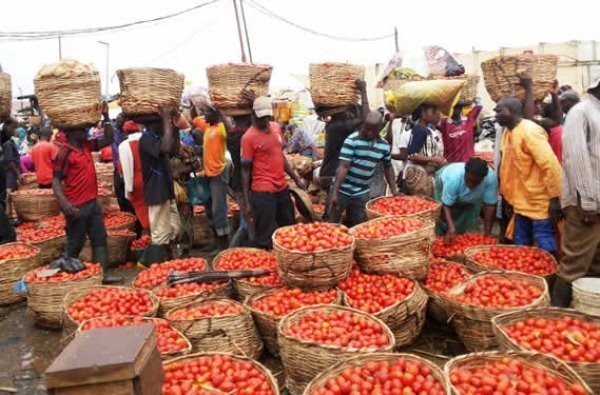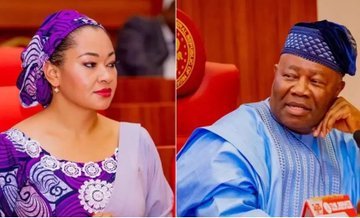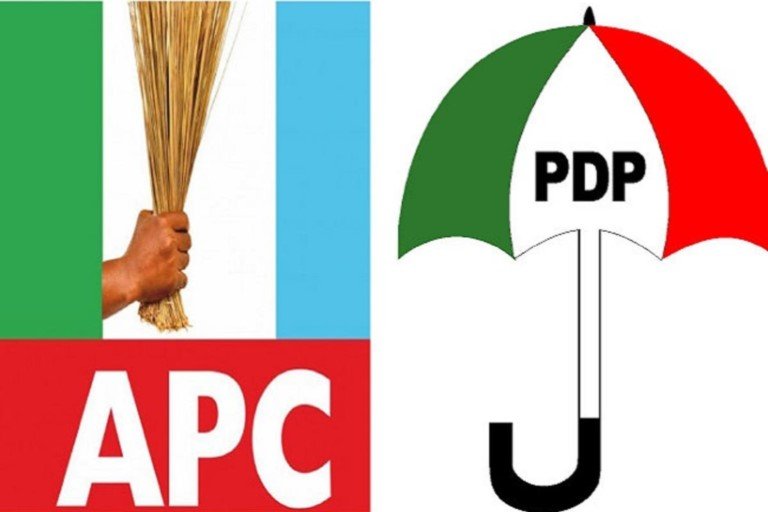Nigeria’s inflation rate declined in July for the first time in more than a year, to 33.40% month-on-month, from 34.19% in June, according to figures from the National Bureau of Statistics, NBS, on Thursday.
The NBS noted that Nigeria’s food inflation rate stood at 39.53%. Analysts predicted that June’s number would represent the pinnacle in inflation as the impacts of currency devalution began to diminish.
The slowdown in July will provide some respite to dissatisfied Nigerians, who protested from August 1 over rising living costs, poverty, insecurity and governance spending.
President Bola Tinubu’s decision to end decades-long fuel subsidies, devalue the naira, and raise electricity tariffs has exacerbated price pressures.
The measures are intended to boost economic growth and strengthen public finances, but they have resulted in increasing inflation, and reducing people’s earnings.
December 2022 was the last month in which annual inflation dropped.
The Central Bank of Nigeria, CBN, has raised interest rates four times in 2024 in an effort to keep inflation under control, but following the most recent boost in July, several analysts predicted that it would be the last act in the bank’s rising cycle.
The CBN’s next rate-setting meeting is slated for September 2024.
According to a study released on Thursday by the NBS, food and nonalcoholic drinks were the largest contributors to inflation in July.











